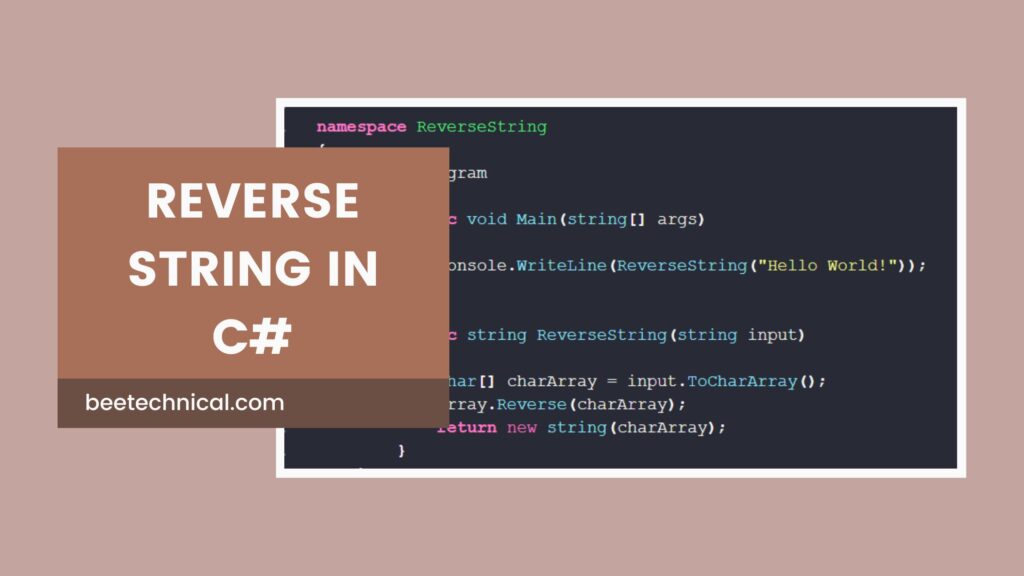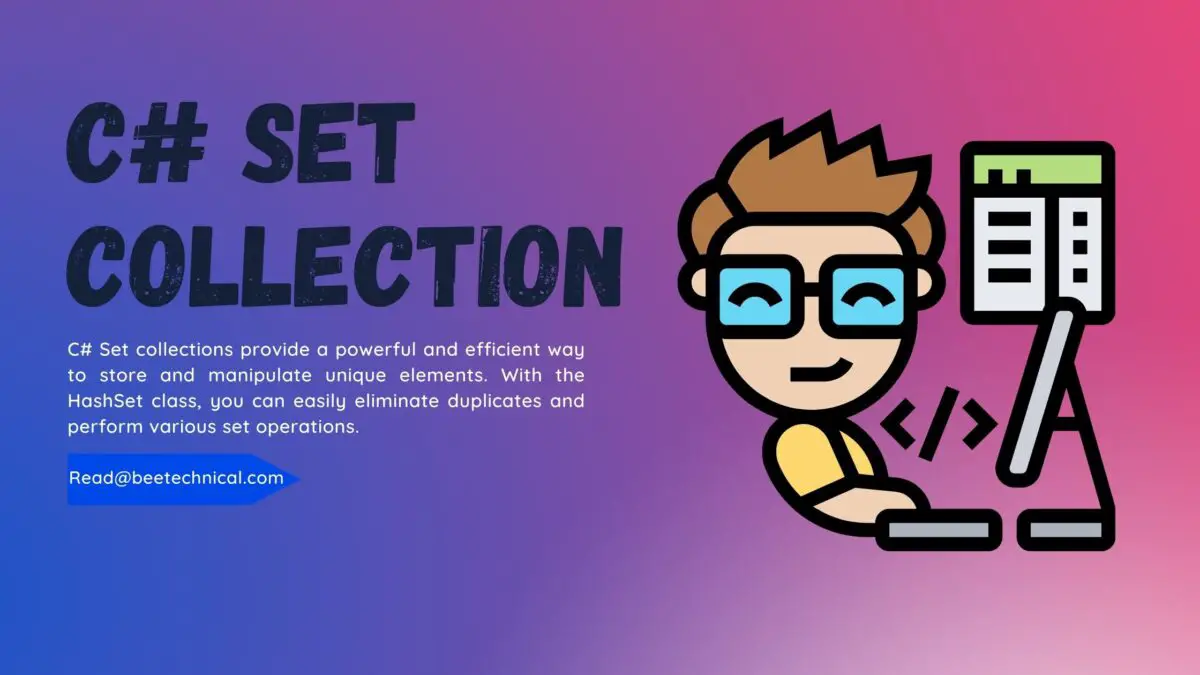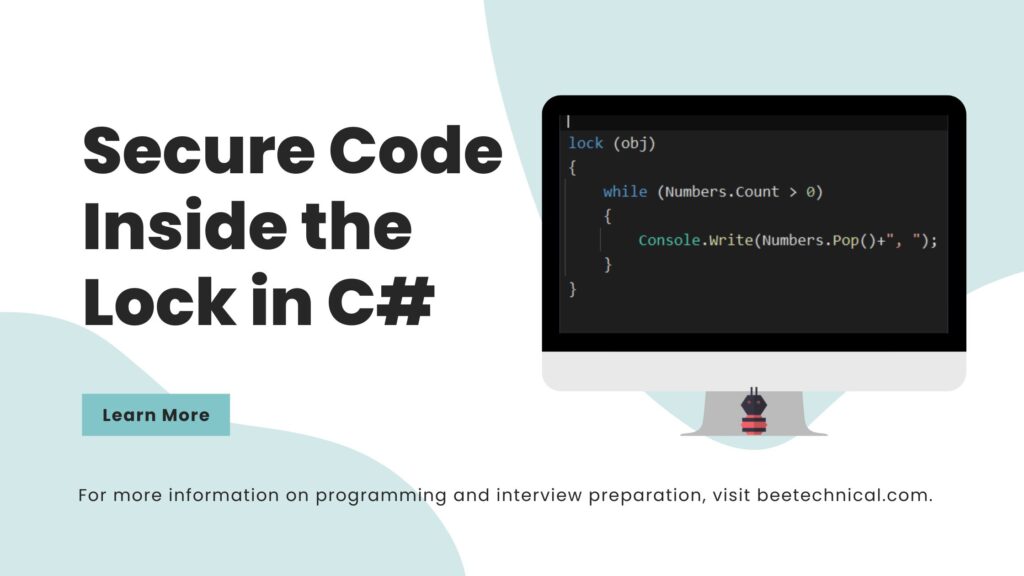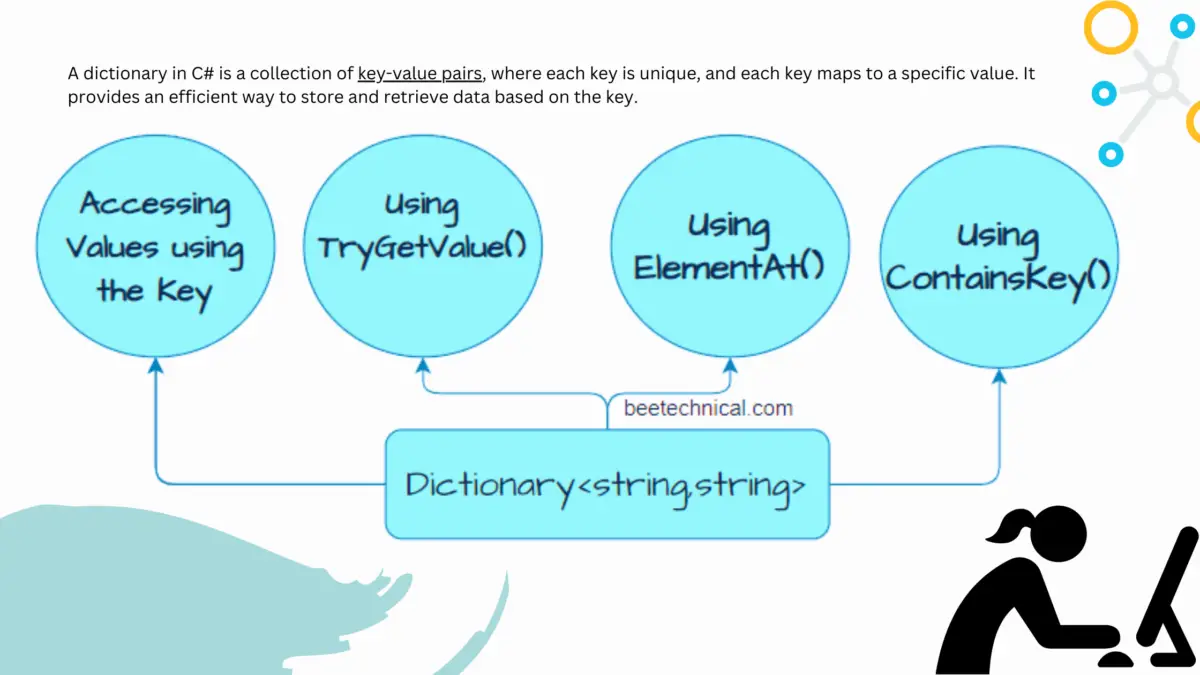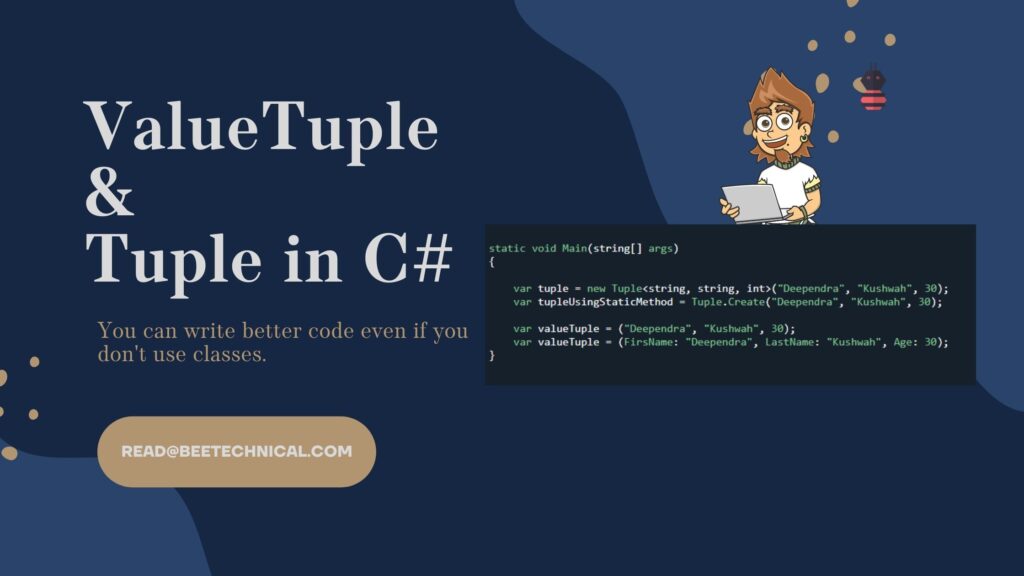In this article, we’ll explore how to convert a foreach to lambda expressions and LINQ, showcasing their benefits and providing examples along the way.
In C#, the traditional foreach loop has been a staple for iterating over collections and performing actions on each element.
However, with the introduction of lambda expressions and LINQ (Language-Integrated Query), developers have more concise and expressive ways to achieve the same results.
Understanding Foreach Loops
Before diving into the alternative approaches, let’s briefly recap how the foreach loop works. The foreach loop iterates over a collection, such as an array or a list, and performs an action on each element. It follows the syntax:
foreach (var item in collection)
{
// Perform action on item
}
The item represents the current element in the collection, and the loop body contains the action to be performed on each iteration.
Using Lambda Expressions
Lambda expressions provide a concise syntax to define anonymous functions. They can be used to replace traditional loops, including the foreach loop.
(parameters) => expression
To convert a foreach loop to a lambda expression, we need to transform the loop body into the expression.
Converting a Foreach to Lambda
Suppose we have an array of integers and want to print each element using a foreach loop. Here’s how we can convert it to a lambda expression.
int[] numbers = { 1, 2, 3, 4, 5 };
//using foreach
foreach (var number in numbers)
{
Console.WriteLine(number);
}
//Convert to lambda
Array.ForEach(numbers, number => Console.WriteLine(number));
In this example, we use the Array.ForEach method, which accepts an array and a lambda expression as arguments. The lambda expression defines the action to be performed on each element, in this case, printing it to the console.
Using LINQ
LINQ is a powerful querying syntax that integrates query capabilities directly into the C# language. It allows developers to perform various operations on collections, such as filtering, sorting, and transforming data.
To convert a foreach loop to LINQ, we need to use the appropriate LINQ operator or method that corresponds to the action performed in the loop.
Let’s consider an example where we have a list of strings and want to find all elements starting with the letter ‘A’ using a foreach loop:
List<string> names = new List<string> { "Alice", "Bob", "Amy", "Alex" };
foreach (var name in names)
{
if (name.StartsWith("A"))
{
Console.WriteLine(name);
}
}
List<string> names = new List<string> { "Alice", "Bob", "Amy", "Alex" };
var filteredNames = names.Where(name => name.StartsWith("A"));
foreach (var name in filteredNames)
{
Console.WriteLine(name);
}
In this example, we use the LINQ extension method Where to filter the names based on the condition specified in the lambda expression. The resulting collection is then iterated over with a foreach loop to print the filtered names.
Conclusion
In conclusion, lambda expressions and LINQ provide powerful alternatives to foreach loops in C#. They offer concise and expressive ways to iterate over collections and perform actions on each element.
By converting foreach loops to lambda expressions or utilizing LINQ operators, developers can write cleaner and more readable code.
